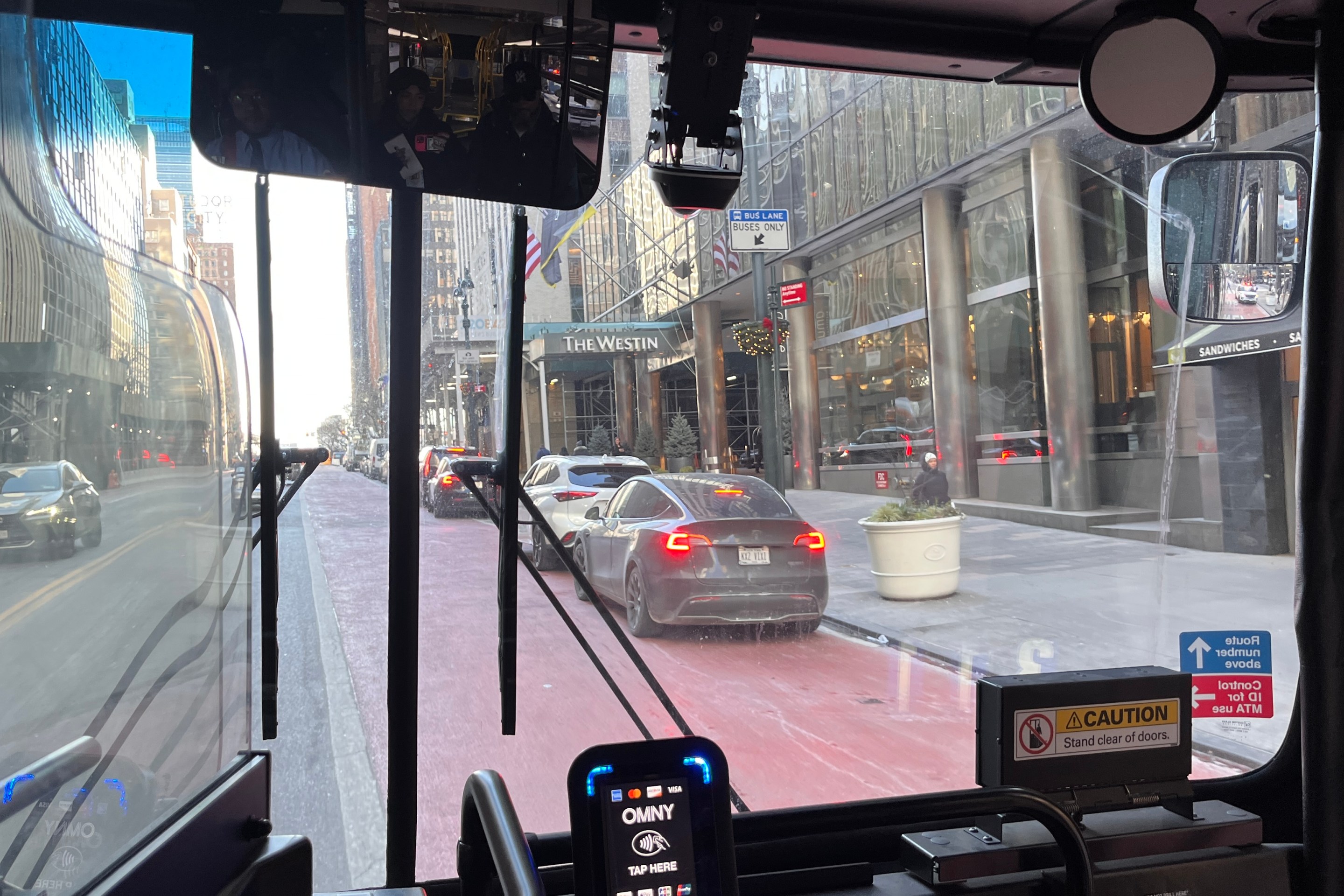
In Ohio, lawmakers are now poised to outlaw traffic safety cameras, needlessly obstructing efforts to save lives. Similar bills were taken up this year in statehouses in Iowa, South Dakota and Missouri. According to the Governor's Highway Safety Association, 12 states have laws that forbid speed cameras under most circumstances.
If enacted, these laws will certainly end up costing a lot of innocent people their lives. A 2010 review of dozens of studies indicates that speed cameras always have a positive effect on street safety, typically reducing fatality rates by around 30 to 40 percent where they are installed. One of the most impressive case studies, on a national scale, is France.
Since the French government began its crackdown on speeding about a dozen years ago, annual traffic fatalities have been reduced by more than half, from 7,242 in 2002 to 3,250 in 2013. That is more than double the rate of improvement in the United States over the same period. Researchers attribute a major portion of that reduction to the installation of about 3,000 speed cameras across the nation.
Following the adoption of a new set of street safety policies by President Jacques Chirac in 2002 -- including stricter penalties for traffic violations -- and the installation of cameras in 2003, enforcement of speeding increased dramatically, from about 100,000 tickets per month to about 500,000. About 87 percent of those citations were issued by cameras.
In a 2012 study in the Journal of Accident Analysis and Prevention, researchers set out to determine how many deaths and injuries were prevented by France's wide-scale adoption of automated speed enforcement, developing statistical models to isolate the effect of the cameras. In the first two years following implementation, they estimate that speed cameras prevented 4,498 fatalities.
The improvement had staying power. Over seven years, the authors attribute the cameras with saving 15,193 lives. An additional 62,000 non-fatal injuries were avoided as well, according to the study.
In France, speed cameras had popular and political support. Study authors Laurent Carnisa and Etienne Blais note that even the French media generally supported automated enforcement -- in contrast to American media outlets that often seem more eager to exploit motorist resentment than to convey the public safety benefits.
The takeaway from France is that powerful tools to prevent traffic deaths are at our disposal and can be put to use almost immediately, if our elected representatives can muster the will.





